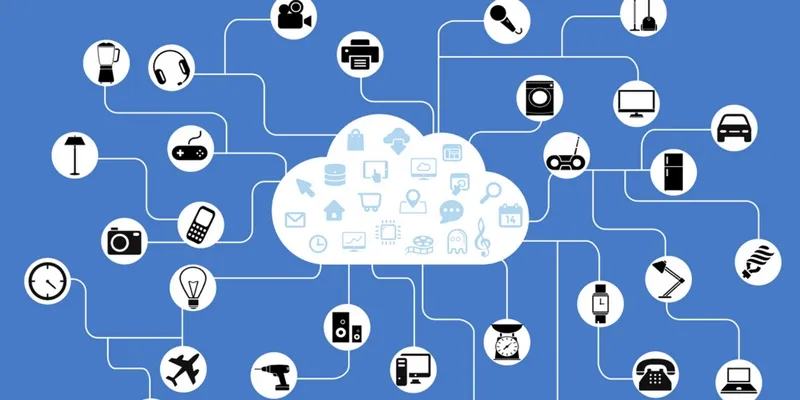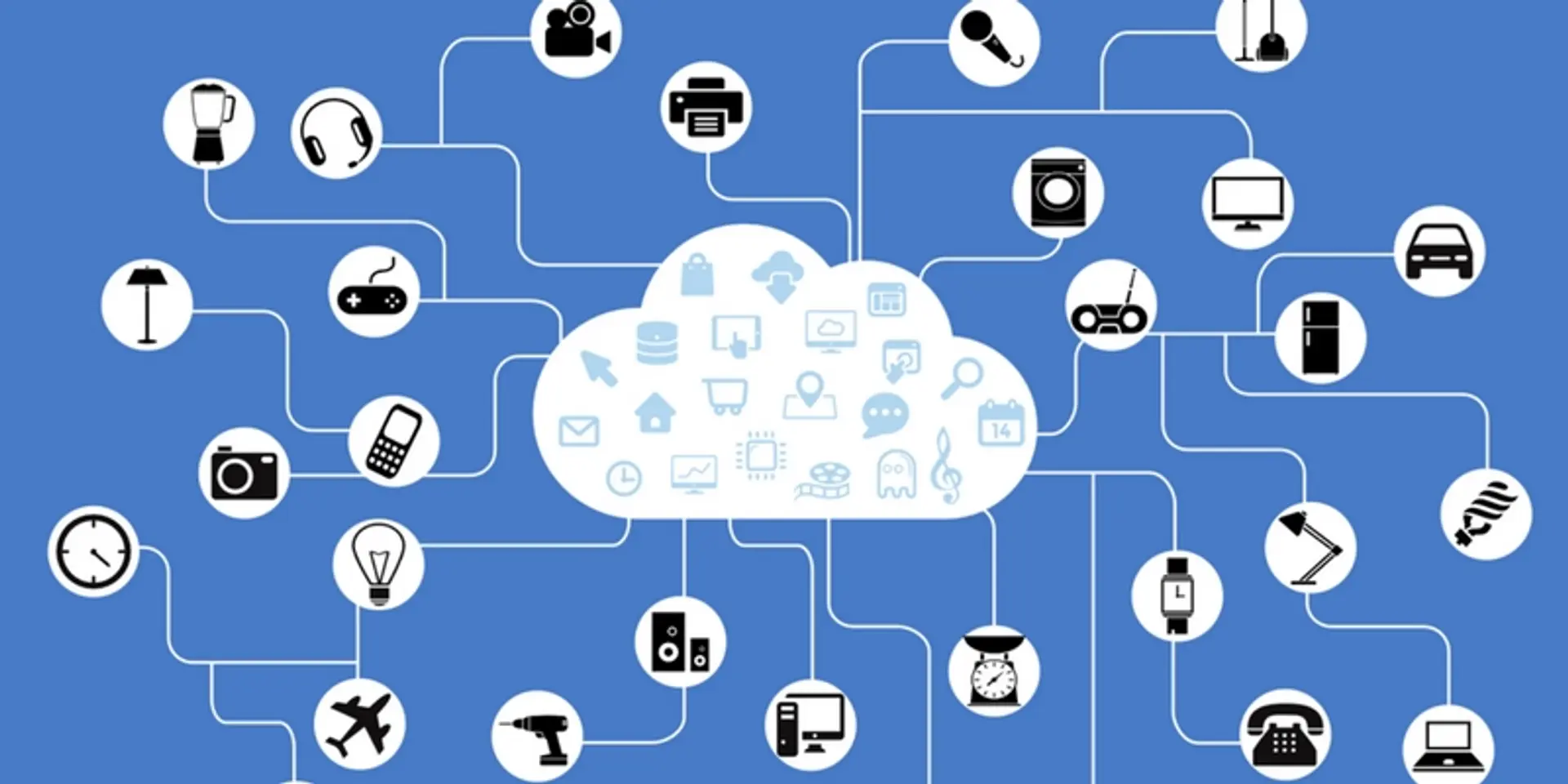IoT is the tech wave of the future, and these SEA startups are leading the charge
In today’s increasingly hyper-connected world, almost every gadget comes with sensors and some way of communicating with networks and the Internet. This evolving global interconnected network of millions of devices is popularly called the Internet of Things (IoT), and it is taking the world by the storm! With its market expected to touch a good USD 11 trillion by 2025, the technology itself is still a work in progress.
Southeast Asia is home to global tech leaders like Samsung, many of whom are investing millions of dollars annually in R&D into “smart” devices that can connect to the IoT. The region is a hotbed of frenzied innovation and research, and therefore there should be no surprise that a number of IoT startups have also taken root here.

Here are the startups leading the charge for IoT in Southeast Asia:
Atilze, Malaysia
Atilze is the IoT venture of Yen Global Berhad. Its shareholders include Gemtek Technology Co. Ltd. of Taiwan, an established global wireless broadband product leader. Atilze is at the forefront of IoT in the ASEAN region with a footprint across aspects of the automobile, home, office, retail, and other sectors. Atilze delivers IoT and connected hardware devices, cloud-based data-driven applications, and services for connected cars and solutions built on low-power wide area network (LPWAN) technology, especially on LoRa technologies. City infrastructure and agriculture also fall within Atilze’s remit.
BorderPass, Malaysia
BorderPass uses IoT to address the challenge of snaking, hours-long immigration queues in the ASEAN region. BorderPass replaces paper immigration forms with online profiles, sent to the destination country way ahead of travel dates. This allows immigration officials to pre-clear passengers to skip the queue and use the issued BorderPass through the automated gate.
Future Integrated Networks (FIN), Malaysia
Malaysia-based IoT company FIN specializes in smart homes and living. Users can download the FIN app on their smartphones that will connect them to the FIN server. A secure one-to-one authentication then enables remote control of homes and appliances through the FIN Gateway’s unique cloud ID. With access to FIN, users can regulate their power usage by setting automatic activation and deactivation of their home devices and appliances.
Geog, Singapore
Yet another IoT company from Singapore, the Asian hotbed of technology innovation, Geog calls itself an advanced IoT platform. It brings together all the pillars of IoT with a keen focus on data science, deployment, flexibility, and end-to-end security. Geog’s use cases are widespread too and include logistics, healthcare, home and office automation, smart cities, agriculture, retail, and more.
REDtone IoT, Malaysia
Primarily a telecommunication service provider, REDtone made its foray into the Internet of Things with its tailored Smart City solutions. REDtone’s CitiSense is a cloud-based cluster that acts as an anchor point for IoT applications and delivers tools for storage and analytics for big data applications. The CitiSense portal also allows citizens to report cases of malfunctioning city utilities.
PINS, Indonesia
An arm of Indonesia’s primary telecommunication company Telkom Indonesia, PINS Indonesia integrates devices and networks with manpower using IoT technologies. The company’s remit includes home and office automation, smart city initiatives, traffic control, and smart grids. As if that wasn’t all, PINS revealed in late 2016 that it plans to start an online marketplace dedicated to products and solutions from the Internet of Things as well.
Trilogy Technologies, Singapore
Singapore-based Trilogy manufactures wire harness, printed circuit boards, and electro-mechanical assemblies for corporations looking to go the IoT way. Trilogy has established itself as a significant IoT player in the region simply because it is one of the few non-Chinese companies left in the ecosystem that still operate on the production side.
XPED, Singapore
XPED has developed a patented technology that allows users to control and monitor their electronic devices and appliances using their smartphones. XPED invests heavily in R&D and holds several patents across the globe. The company announced that it was listing on the Australian Stock Exchange under the shell company Raya Group, a mining company based in Queensland.
It goes without saying that this sector is poised to be the biggest upwardly mobile technology trend in the ASEAN region in the coming months and years. According to Frost & Sullivan, the ASEAN IoT market is poised to grow to USD 7.53 billion by 2020, fuelled by higher disposable incomes and demands for smart living. More and more Asian cities are on their way to becoming smart cities by 2020. Clearly, IoT startups and specialized units of telecommunication service providers will lead this race towards the future.







